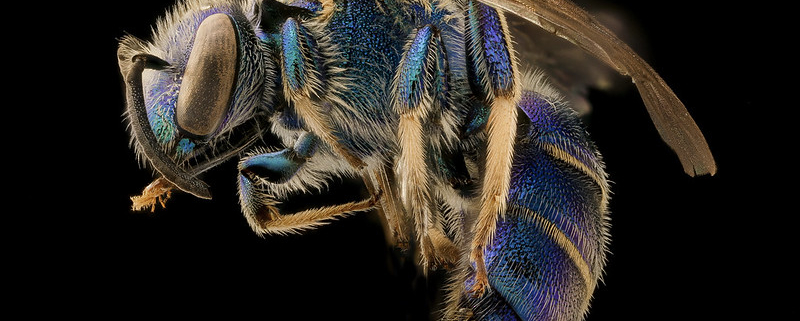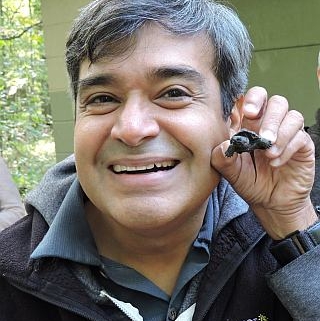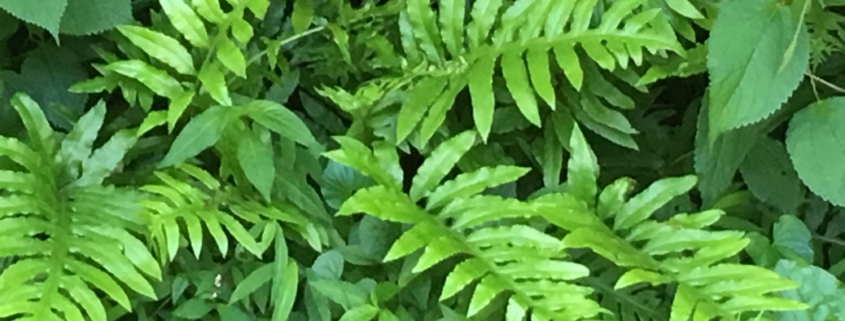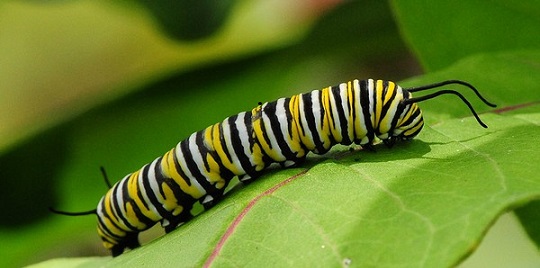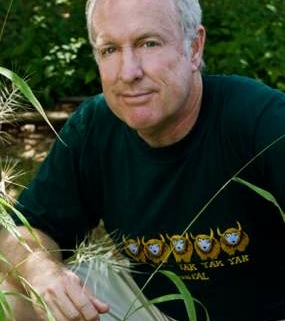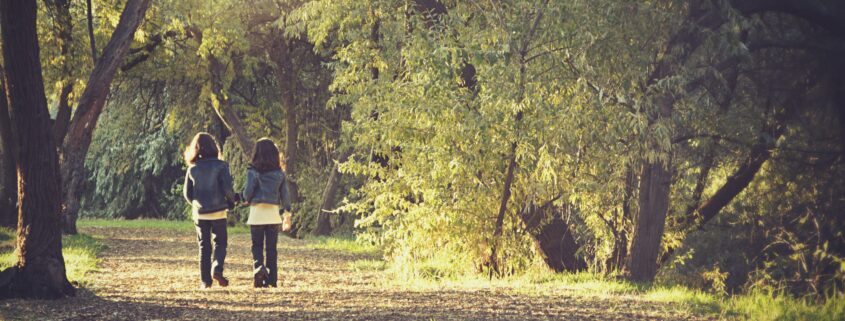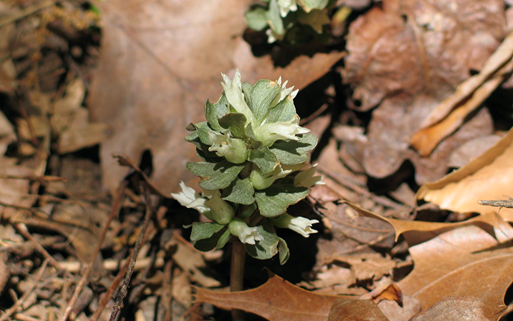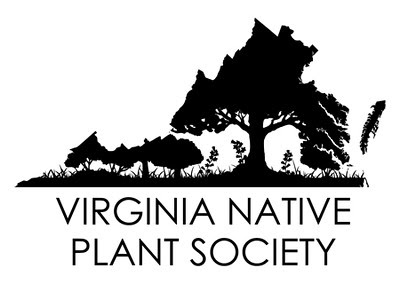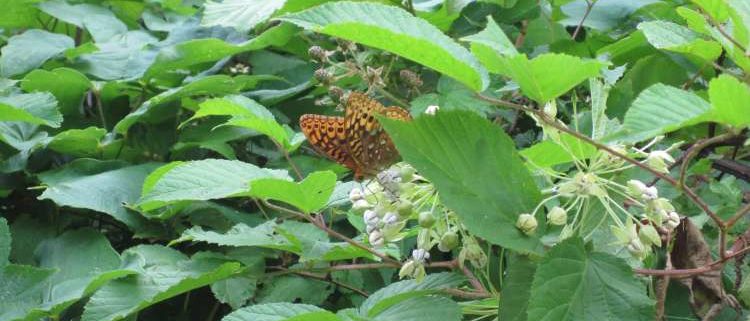Native Bee Species Ebb and Flow with Native Plants Bloom: A Year’s Calendar with Sam Droege, watch webinar
Zoom Video Conference
Held Thursday, 14 May 2020
Watch recorded presentation
All of our nearly 500 species of native bees are dependent on pollen to feed their young. No flowers, no bees. Like flowers, each bee species has its season. During a bee’s flight time they are often dependent on the pollen from only a small group of plants, ignoring the rest.
What you plant has consequences for the bees you support on your property. Travel through a year in the region, tracking the flowers and their bees, or…the bees and their flowers (depending on your point of view!)
Sam Droege has been spent most of his career at the USGS Patuxent Wildlife Research Center. He has coordinated the North American Breeding Bird Survey Program, developed the North American Amphibian Monitoring Program, the BioBlitz, Cricket Crawl, and FrogwatchUSA programs and worked on the design and evaluation of monitoring programs. Currently he is developing an inventory and monitoring program for native bees, online identification guides for North American bees at www.discoverlife.org, and with Jessica Zelt reviving the North American Bird Phenology Program. His group maintains high resolution photographs of insects and other macro natural history objects at: http://www.flickr.com/photos/usgsbiml/.
Continuing education credit available for master naturalists.


